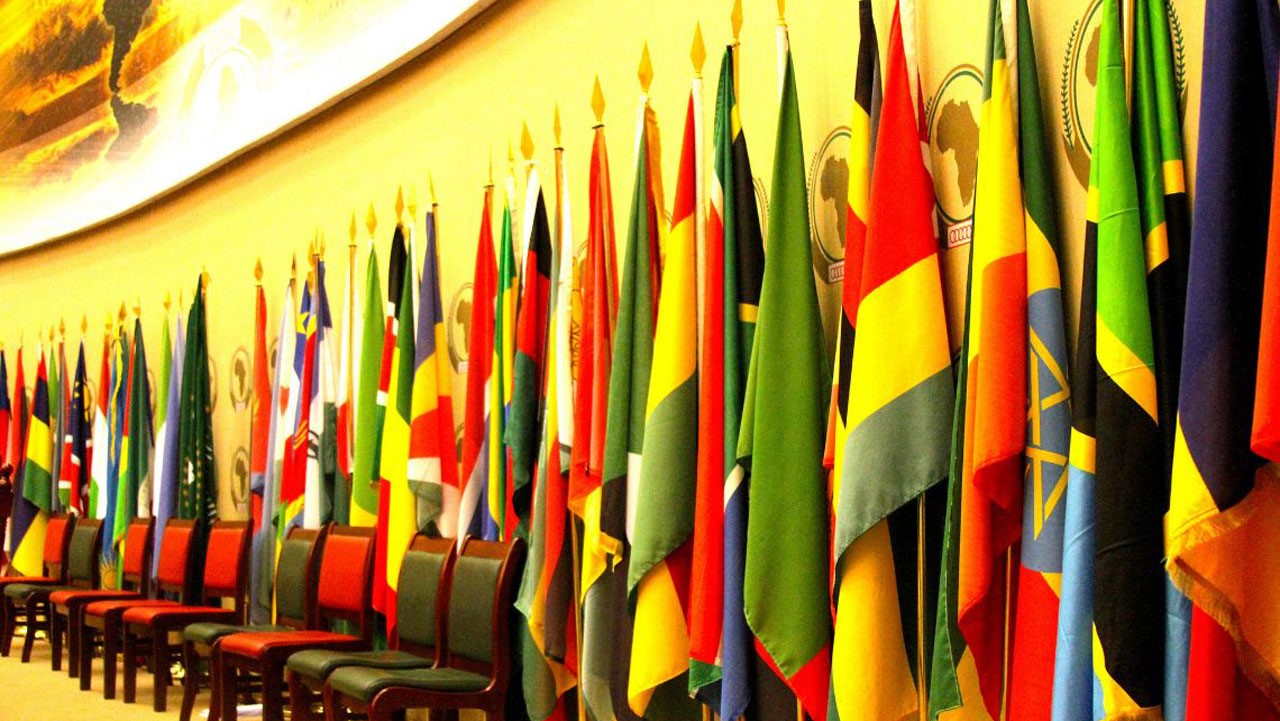The justification for youth development is captured in the words of former Nigerian president Olusegun Obasanjo who stressed that youths are the foundation of a society.
Their innovativeness, character, willpower and orientation define the pace of development of a nation. There is a link between youth and development. This link is not only connected, but one depends on the other for its sustenance.
Youth development is a process that prepares young people to meet the challenges of adolescence and adulthood and achieve their full potential. Youth development is promoted through activities and experiences that help youth develop social, ethical, emotional, physical, and cognitive competencies.
One of the most significant challenges facing governments and policymakers in Africa today is providing opportunities for the continent’s more than 400 million youths to have decent lives and contribute to the development of their countries. This figure represents both a challenge and an opportunity for growth on the continent.
The critical role youths play in Africa’s development cannot be overemphasized. These large numbers of young people are an opportunity, an investment. The matrix of development of the continent lies on the shoulder of how productive and creative the youthful populations are because of youth participation in development:
· Provides the labour force for goods and services to take effect.
· Strengthens young people’s abilities to meet their own subsistence needs.
· Prevents and reduces vulnerabilities to economic, political and socially unstable environments.
· Creates much-needed jobs and a culture of entrepreneurship and innovation.
· Helps gain entry into target communities and builds trust and social capital.
There are several other reasons why youths could become an integral part of Africa’s growth and development:
They tend to be more educated than the older population; therefore, they can better absorb new technologies and ideas and adapt them to their environment.
When employed, youths could be a reliable source of demand for the economy through their consumption activities.
Youths could be critical for developing a new class of entrepreneurs that African countries need to prosper.
They tend to take more risks than the older population.
They are more likely to challenge certain norms and sociopolitical processes that may be hindering economic development.
Undoubtedly, youths face many challenges that are central to Africa’s development. They include unemployment, health impacts and political participation. These issues differ among groups within and across countries and regions.
The challenge for African policymakers is how to harness young people’s innovativeness, potential, talent, willpower and desire for change.
The consequences of not fully developing and harnessing youth’s potential could be dire, including significant economic losses, armed conflict, and political and social upheaval and instability.
Youths are more likely to become frustrated because of legitimate grievances, including a lack of employment opportunities, low educational attainment, little decision-making participation, and downward social mobility—as demonstrated recently by the #endSARs protest in Nigeria. The active, informed, and voluntary involvement of young people in decision-making is vital if valuing youth as assets are to be achieved.
Africa has an opportunity to harness a demographic dividend: With the projection that most countries in Africa will have more working-age adults in 2030, there will be a large workforce.
This trend will result in a lower dependency burden; free up resources for development; enable youths to make choices that support the pursuit of educational goals and the development of life skills necessary for national and local leadership positions; be the major determiners of peace and stability on the continent.
Many problems have a substantial impact on youths. Unemployment and underemployment; crime and deviant behaviour; limited sports and recreation facilities; abuse and exploitation; limited access to information and communication technology (ICT); limited participation and lack of opportunities, and in some cases, frustration due to political disenfranchisement problems have far-reaching consequences.
There needs to be a shift in working with young people. The size, energy, enthusiasm, innovation and dynamism of youths are assets that can be harnessed for Africa’s development with appropriate policies that deal adequately with the issues facing them.
Policies that accelerate the growth of Africa are critical because they will trigger industrialization and the need for inclusive policies that address the needs of youth.


